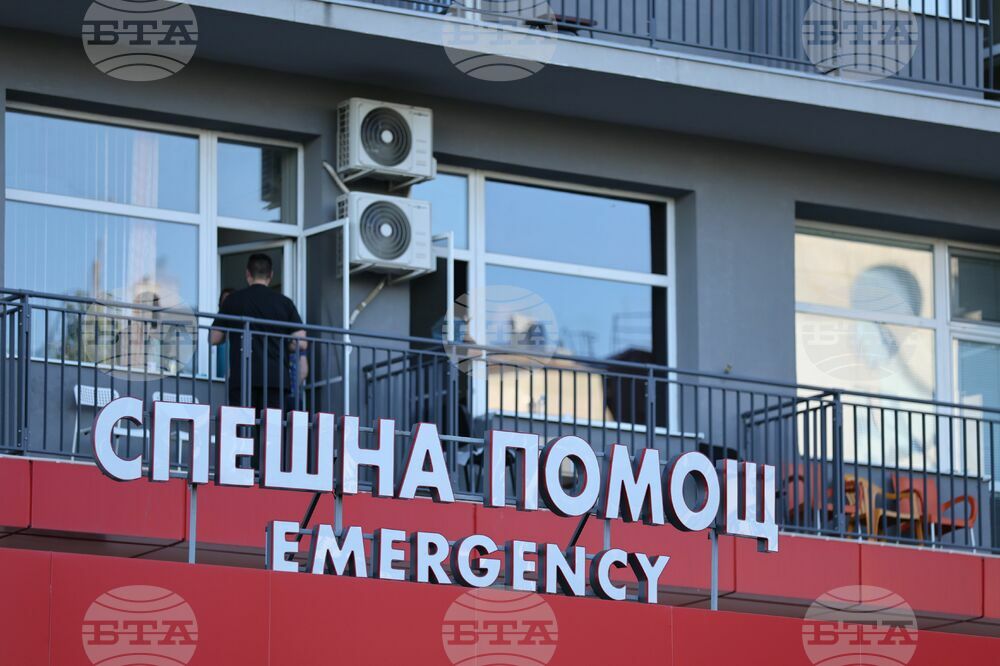site.btaUnlicensed Botox Treatments in Sofia Lead to Hospitalizations


At least eleven women have suffered adverse reactions following injections of botulinum toxin, commonly known as Botox, Aesthetic Medicine Patients Association (AMPA) Vice President Neli Georgieva said on Monday.
The police received a report on Sunday night from Ministry of Internal Affairs officers at Pirogov Emergency University Hospital, stating that a woman had sought medical attention after undergoing a Botox injection. The number of affected women is reportedly increasing.
According to Pirogov Hospital, seven women have sought medical help, five of whom were admitted for treatment, while two were treated as outpatients.
Late on Sunday, a 47-year-old woman from Sliven was admitted to the Clinic of Nervous Diseases with iatrogenic botulism after receiving Botox injections at the same site used for previous patients.
Following the cosmetic procedure, one woman experienced vision loss in one eye, a drooping eyelid, and severe fatigue that left her unable to perform daily activities. Some patients also reported difficulty moving their facial muscles, resulting in a "frozen" expression.
The affected women were reportedly drawn to Botox treatments by advertisements promoting discounted procedures at two cosmetic centres in Sofia. Georgieva stated that both centres employ a woman of non-Bulgarian origin who claims to be a dermatologist; however, a check revealed that she is not registered as a medical professional.
The Executive Agency for Medical Supervision (EAMS) has launched an investigation into the cases.
According to the Bulgarian Medical Association (BMA), insufficient regulatory oversight in Bulgaria has led to an increasing number of non-medical professionals performing medical procedures. The BMA emphasized that EAMS must ensure stricter monitoring and control over individuals administering medical treatments. While regional health inspectorates oversee cosmetic salons, these establishments are classified as public service providers and are not authorized to carry out medical procedures.
The BMA advises patients to verify a practitioner's credentials in the BMA register before undergoing treatment. They stress that botulinum toxin is a prescription-only medicinal product that must be administered by a licensed doctor in a registered medical facility.
Speaking to Bulgarian National Radio, medical lawyer Maria Sharkova criticized health authorities for failing to respond adequately to previous warnings. She called for routine random inspections rather than reactive measures. As a legal professional, she has encountered cases of severe disfigurement resulting from improperly administered injectable fillers.
/KK/
news.modal.header
news.modal.text